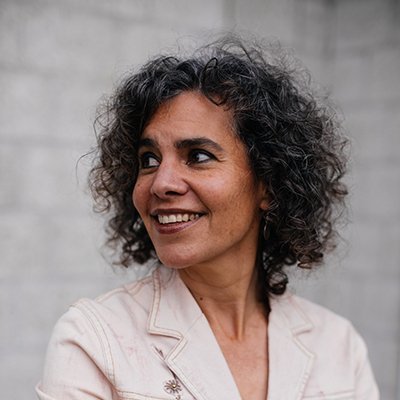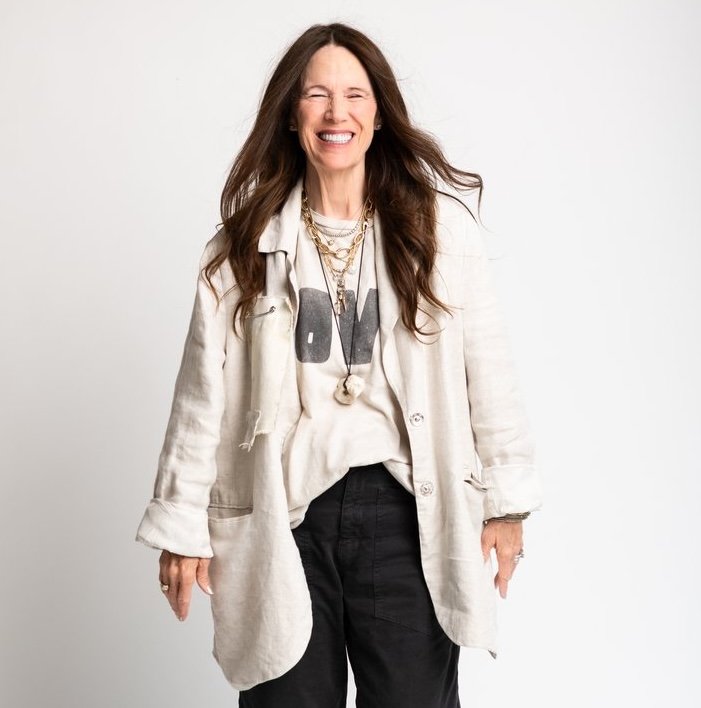Rudayna Abdo Had No Idea How to Build Her Dream Non-Profit—But She Did It Anyway
written by Stacey Lindsay
With her founding of Thaki, a non-profit providing computers to refugee children in the Middle East, Rudayna Abdo has proven herself a brilliant humanitarian entrepreneur. Thaki, pronounced "the key," has won international recognition for helping to advance the education and technological literacy of thousands of kids.
Rudayna, who first established her career in urban planning throughout several continents, came to create a non-profit with an intense desire to help displaced, vulnerable children. (Displacement is woven into the threads of Rudayna's heritage. Her parents fled Palestine for Lebanon in 1948, and later, after Rudayna was born, the family fled Lebanon during the Civil War.) Thaki is an organization she felt duty-bound to create. "My soul is in this," says Rudayna. "I'm so dedicated to what I'm doing. I'm so driven. It's so right for me to be doing it."
Yet, despite her gumption, Rudayna knew nothing about starting a non-profit. Did that stop her? Her recount of her early days below does the answering. Her’s is a story of total scrappiness and gumption.
"I'm determined," she says. "I don't take no for an answer."
“In the startup phase, the hardest part was that I knew what I wanted to do but I had no idea if it was even doable. I always had scale in mind, and I knew that I would want to be building these computer systems that have a ton of amazing stuff on them. But how do you do that? How do you replicate that? How do you install the operating system? I knew nothing. I didn't even know what Linux was!
I think it was probably a good thing that I had all this ignorance. I started reaching out to friends and telling them what I had in mind. I pitched my kids’ school to get their old laptops, which was my first pitch, and I was extremely nervous. The principal invited the IT director to the meeting who said, ‘Well, I love what you're doing. Can I join your team to help?’ He knew how to deal with technology at a large scale. So, every morning over the course of a year, I would go into his office and for 20 minutes I’d get to ask him all kinds of questions. I got a little computer science degree over the course of that year. It was a huge learning—it still is—for me to understand more about the technology.
So at first it was, I know what I want to do but how the heck do I do it? Then it was, I need to find a way to get the donated laptops. I started blindly pitching and asking for connections with executives in large corporations. It was predominantly by email and some of them were blind calls. The response was quite warm. When I got to the actual meeting stage, it was always positive. I even had a couple of companies change their policies so that they can direct their laptops to us. So what I thought would be the hardest thing back then turned out to be not so hard at all.”
As told to Nada Jones. To learn more about Rudayna, visit thaki.org.
YOU MAY ALSO LIKE




